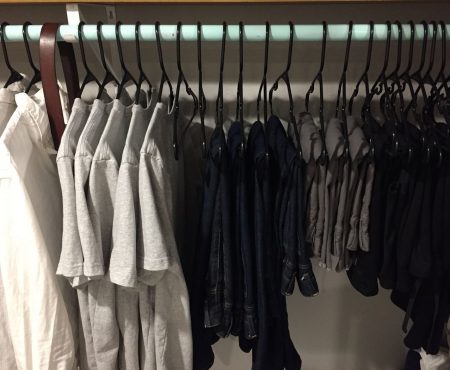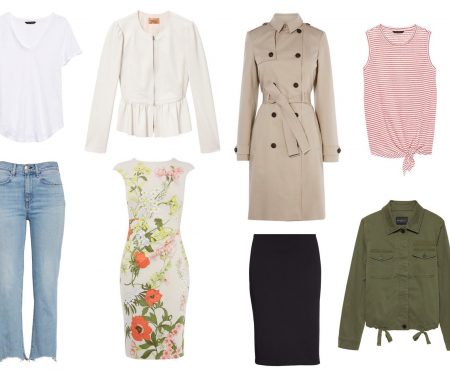Fair trade fashion is a growing movement within the fashion industry that prioritizes ethical practices, empowers marginalized communities, and promotes sustainable production. This transformative approach challenges the conventional norms of fashion by emphasizing transparency, fair wages, and social responsibility throughout the entire supply chain. Fair trade fashion not only contributes to a more equitable global economy but also enables consumers to make conscientious choices that align with their values.
The foundation of fair trade fashion lies in the concept of fair wages and working conditions for all individuals involved in the production process. In many conventional fashion supply chains, workers in developing countries often face exploitative practices, such as low wages, unsafe working environments, and long hours. Fair trade fashion seeks to address these injustices by ensuring that artisans and workers receive fair compensation for their labor and are provided with safe and dignified working conditions.
Empowering marginalized communities is a central goal of fair trade fashion. By partnering with artisans and producers from disadvantaged backgrounds, fair trade brands create opportunities for economic empowerment and sustainable livelihoods. These partnerships enable artisans to showcase their traditional craftsmanship, preserving cultural heritage while also providing them with a platform to access global markets. As a result, fair trade fashion becomes a catalyst for positive social change and poverty alleviation.
Transparency is a cornerstone of the fair trade fashion movement. Brands committed to fair trade practices provide consumers with detailed information about their supply chains, production processes, and the impact of their initiatives. This transparency empowers consumers to make informed choices and supports a more conscious and ethical approach to shopping. By knowing the origins of their clothing and the stories behind each piece, consumers can forge a deeper connection with the garments they wear.
Environmental sustainability is another key principle of fair trade fashion. Many fair trade brands prioritize eco-friendly materials, ethical manufacturing processes, and reduced carbon footprints. By promoting sustainable practices, fair trade fashion minimizes the environmental impact of clothing production, helping to combat issues such as pollution, resource depletion, and climate change. This approach aligns with the broader goals of creating a more sustainable and responsible fashion industry.
Collaboration is essential to the success of fair trade fashion. Brands, artisans, and consumers come together to create a positive cycle of support and impact. Fair trade brands collaborate directly with artisans and producers, fostering long-term relationships built on trust and mutual benefit. Consumers, in turn, play a crucial role by choosing to support fair trade brands and advocating for ethical practices within the industry. This collective effort contributes to a more inclusive and equitable fashion ecosystem.
The impact of fair trade fashion extends beyond individual communities. By embracing ethical practices and prioritizing social and environmental responsibility, fair trade brands set an example for the entire fashion industry. Their success demonstrates that it is possible to create beautiful, high-quality clothing while also uplifting communities and respecting the planet. As more brands adopt fair trade principles, the fashion landscape as a whole shifts towards greater transparency and fairness.
Fair trade fashion also challenges prevailing notions of consumerism. In a world dominated by fast fashion and mass production, fair trade encourages consumers to shift their mindset from quantity to quality. By investing in fewer, ethically produced garments, individuals can contribute to a more sustainable and meaningful wardrobe. This shift aligns with the broader movement towards conscious consumption, where consumers make deliberate choices that reflect their values and beliefs.
The growth of fair trade fashion represents a promising trajectory for the fashion industry. As consumers become more informed and socially conscious, the demand for ethically produced clothing continues to rise. This demand, in turn, encourages more brands to adopt fair trade practices, creating a positive feedback loop that drives positive change. The success of fair trade fashion demonstrates that the fashion industry can be a force for good, promoting social justice, economic empowerment, and environmental sustainability.
In conclusion, fair trade fashion is a transformative movement that challenges the conventional norms of the fashion industry. By prioritizing fair wages, empowering marginalized communities, promoting transparency, and embracing sustainability, fair trade fashion offers a compelling alternative to traditional clothing production. Through collaboration, consumer support, and a commitment to ethical values, fair trade fashion paves the way for a more just, inclusive, and responsible fashion ecosystem. As consumers, brands, and industry stakeholders continue to embrace the principles of fair trade fashion, they contribute to a brighter future where clothing production empowers communities and respects the planet.












